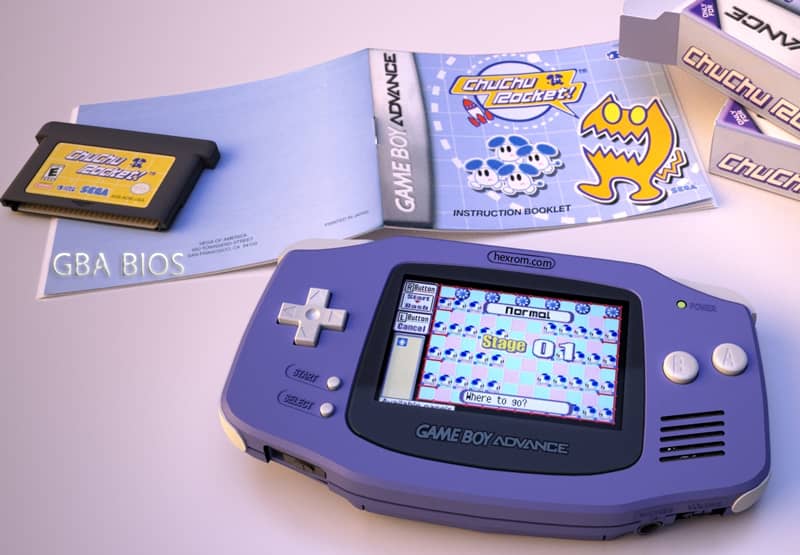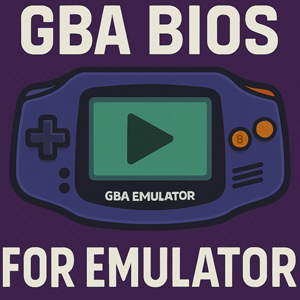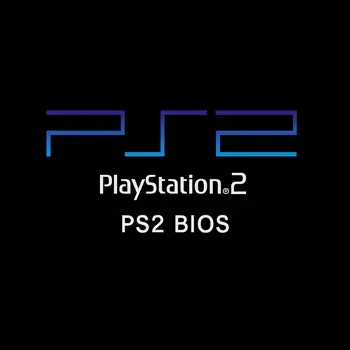GBA BIOS – Download for Emulators
So, What’s the Deal with the GBA BIOS File? Let’s not overthink it. If you’ve ever tried to load up a Game Boy Advance game using an emulator, you’ve probably seen one of those annoying messages:
“BIOS file missing.”
Or worse — the game boots, but nothing works like it should.
Been there, done that. And yeah, it’s a pain.
That little BIOS file that most folks ignore? It’s doing way more than you’d expect.
Without it, your emulator isn’t acting like the real GBA. You might get the game to run, but something always feels a bit off.
Maybe the audio cuts out, the buttons lag, or the colors look strange — that’s your missing BIOS showing itself.
It’s kind of like the quiet guy in the background making sure the show runs on time.
You probably won’t think twice about it — unless it’s gone. And then, yeah, things get messy.
What’s Really Happening Under the Hood
Whenever you load a GBA game, that BIOS file quietly kicks in and handles a few behind-the-scenes tasks:
- It sets up everything inside — processor, visuals, sound — all the main stuff
- It checks your ROM to make sure the game’s legit and ready to roll
- It handles your saves, plays sounds when needed, and reacts to your button presses like a real console would
You don’t sit there thinking, “Oh cool, the BIOS is working,”
but if it’s not there? You’ll definitely notice.
Do You Actually Need a BIOS File?
Some emulators include a built-in version that tries to mimic the real BIOS.
And sometimes it works. Sometimes it doesn’t.
If you’re after the full experience — no weird bugs, missing effects, or crashes — using the original BIOS file is 100% worth it.
Especially if you’re using something like mGBA or VisualBoyAdvance, you’ll see the difference right away.
📥 Download GBA BIOS File
If you’re here to download the GBA BIOS file for your emulator, scroll down or click the button below. This file helps you run Game Boy Advance games properly on emulators like mGBA and VisualBoyAdvance.
Make sure to use it legally by dumping it from your own device, or use it at your own discretion.
What’s This AGS-101 BIOS I Keep Hearing About?
The AGS-101 BIOS is used in backlit versions of the GBA SP — the upgraded models.
It’s built for people who’ve modded their console or swapped in a better screen.
It works well for hardware tweaks, but yeah — it’s still under copyright, just like the original.
TL;DR Recap
- That BIOS file? It’s not optional — it’s essential
- It helps your emulator behave like the real deal
- Built-in alternatives can work, but they’re not perfect
- If you care about quality, go with the real BIOS
- Just be mindful of where you get it from


